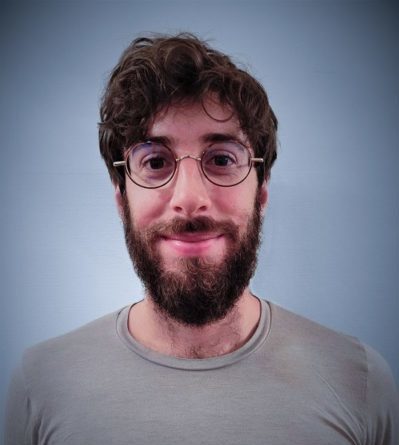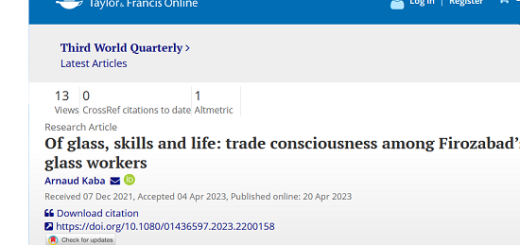[CSH Workshop ONLINE] Friendship in a society where kins are kings: sociality, urban transformations and gender inequalities in a small Indian city (H. Ribadeau Dumas)
Hugo RIBADEAU DUMAS
Friendship in a society where kins are kings:
sociality, urban transformations and gender inequalities in a small Indian city

Discussants:
Dr. Gopa Samanta, is an urban geographer at the Geography Department of the University of Burdwan. One of her central research interests is urban development and the changing economic, social and cultural spaces in small cities.
Prof. Sarover Zaidi, Assistant Professor at the Jindal University School of Art and Architecture, is a philosopher and a social anthropologist. She has extensively worked on urbanism in the city of Bombay and currently co-runs a site on writing the city called Chiragh Dilli (https://chiraghdilli.wordpress.com)
The session will be online via Zoom on 2nd May 2022, 05:00 pm onwards:
https://us06web.zoom.us/j/83885701392?pwd=NU5lYWVOcW9OTVJQb2pXRTloTWZnQT09
To get priority access in case of large affluence, kindly register to:
neeru.gohar@csh-delhi.com
Abstract:
India is generally viewed as a primarily kin-based society. However, urbanisation is likely to provide a new fertile ground for social relations to flourish outside of the familial sphere. The present study explores the role of sociality, and most particularly friendships, as a potential source of empowerment and as a trigger to social change. To understand the significance, impact, and predictors of friendship patterns, the study interrogates the influence of the urban environment in the formation of social networks. In small cities of India, whom do men and women befriend, how, and why does it matter? A central hypothesis of this research work – which mobilises both quantitative and qualitative methods – is that friendship is an essential phenomenon to understand how gender norms evolve and how social inequalities get challenged. The presentation will be based on empirical data collected in Purnea, Bihar.

Hugo Ribadeau Dumas is a PhD student affiliated to the Centre of Indian and South Asian Studies, Paris (CEIAS-CNRS). He is currently based at the Centre des Sciences Humaines (CSH), in New Delhi. His research work focuses on urbanisation, sociality and gender inequalities. He previously studied in Sciences Po (Paris), INALCO (Paris) and Jamia Millia Islamia (Delhi). He has also worked for PRIA, the Aga Khan Foundation, the Agence Française de Développement (AFD), Altai Consulting and KPMG, across India, Bangladesh and Afghanistan.
jt[dot]martelli[at]csh-delhi[dot]com
laurence[dot]gautier[at]csh-delhi[dot]com








